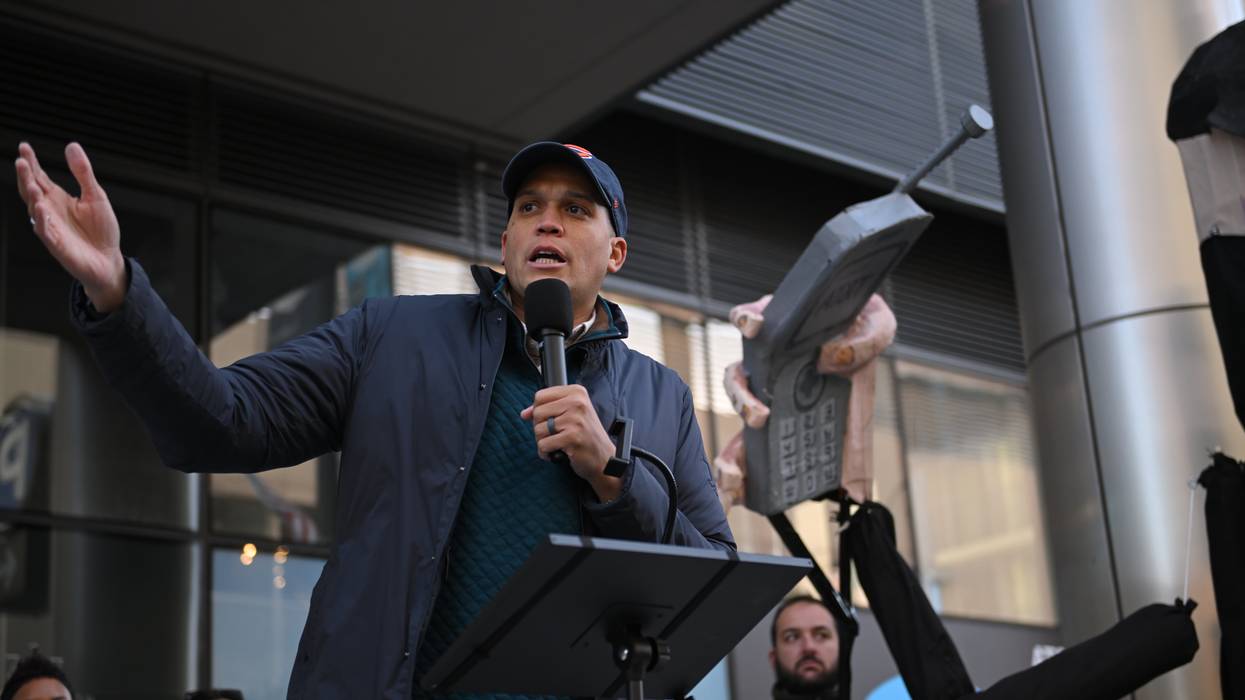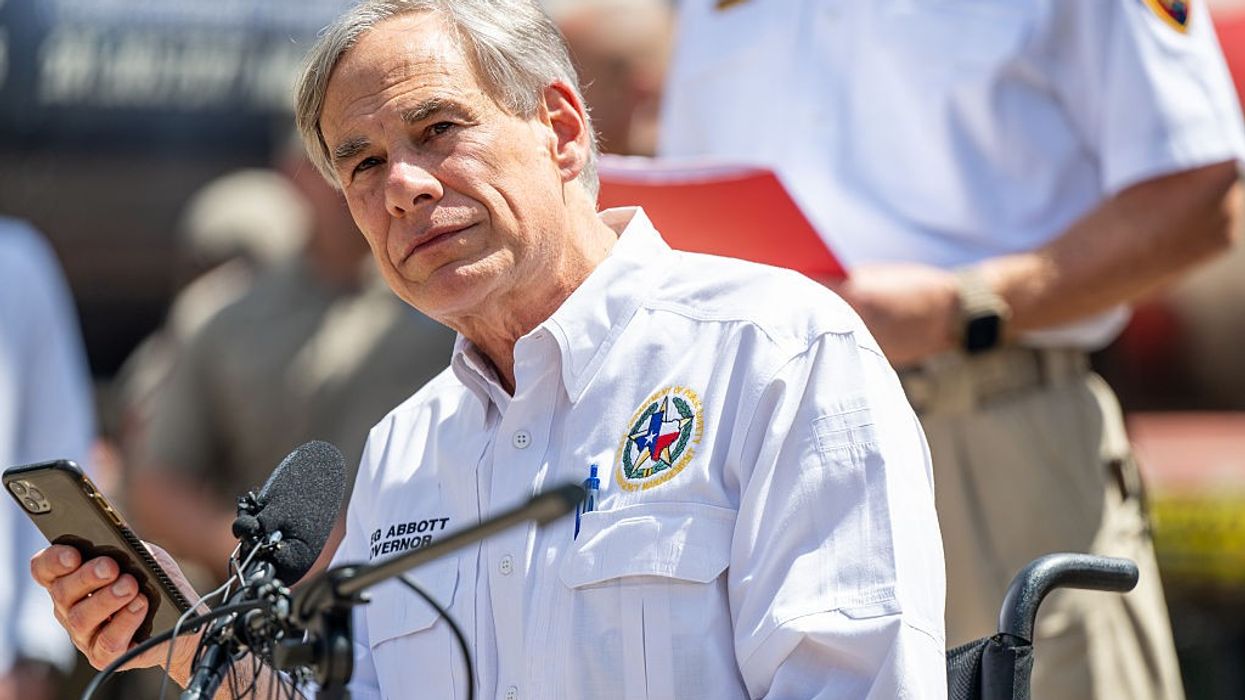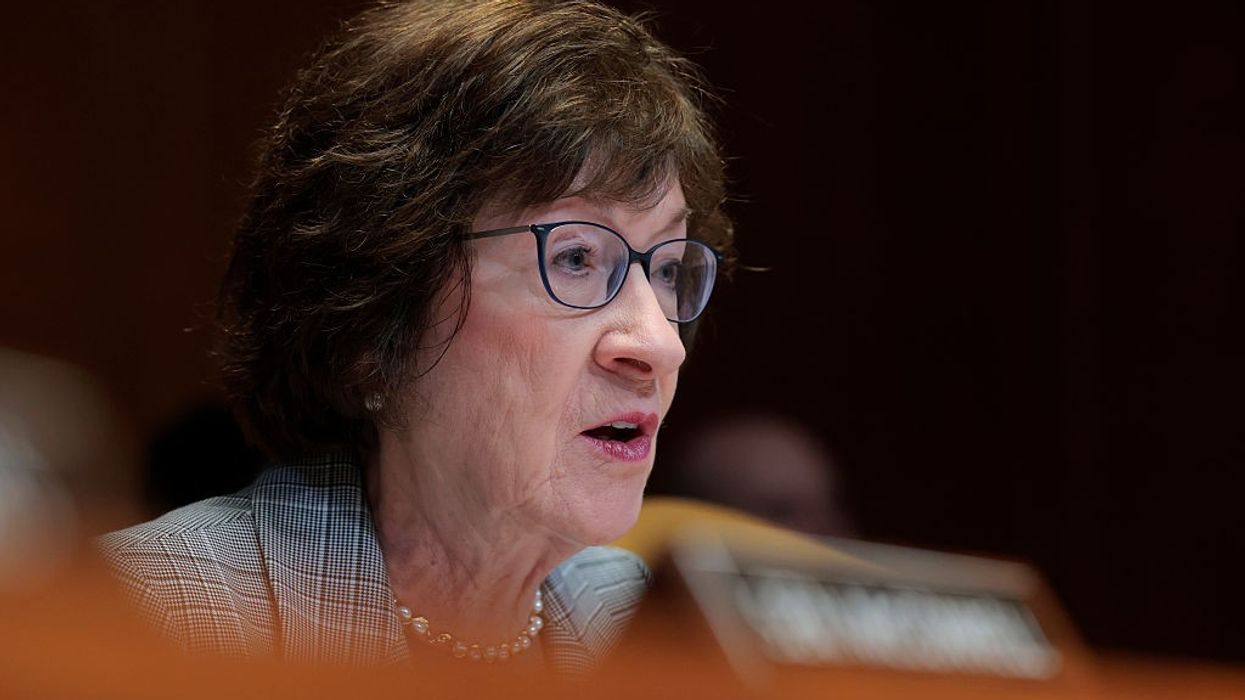Donors to Abbott's political action committee, Texans for Greg Abbott PAC, received approximately $950 million in at least 89 state contracts during those emergencies. The companies—including through their subsidiaries, PACs, executives, and executives' spouses—donated a collective $2.9 million to Abbott in 96 contributions between 2014-25.
"The timing of the contributions is suspect,” said Andrew Cates, an attorney and government ethics expert. “The groups were awarded the contracts after they made large contributions to the governor or his [super PAC]. If it were the other way around, it could be viewed as a thank-you contribution, but this way feels much more pay-to-play when procurement money flows quickly after large contributions."
Cates said one particular donor, Doggett Equipment Services Group, drew the scrutiny of Public Citizen due to $1.6 million it was awarded in no-bid state contracts that were simply labeled "fees."
The company provides services to the heavy equipment industry across Texas and it CEO, William "Leslie" Doggett, has contributed more than $1.7 million to Texans for Greg Abbott since 2014, either personally or through his corporation.
One of Doggett's companies, Doggett Freightliners of South Texas, received two noncompetitive contracts—identified only as "fees" on paperwork—worth $1.6 million in 2022 and 2023. One of the contracts was finalized eight days after Doggett donated $500,000 to the PAC.
Cates said the Doggett contracts were "especially egregious."
Doggett's apparent transaction with Abbott's PAC did not make his company the largest recipient of no-bid contracts detailed in the report; that distinction goes to Gothams LLC, an emergency management company that received nearly $640 million in contracts in 2021 and 2022.
After pandemic contracts began to slow in 2022, Gothams received just one contract worth $43 million—but after its founder, Matthew Michelsen, started sending donations to Texans for Greg Abbott that totaled $600,000, the firm received 10 contracts worth $66 million.
"People lose faith in their government when they see a system that appears to benefit those who can buy access to elected officials,” said Adrian Shelley, the Texas director of Public Citizen. “Even when no laws are broken, insider dealing undermines confidence in state government. People conclude that the government works for wealthy people first and everyday Texans second."
In another example from the report, infrastructure development firm HNTB Holdings received an emergency contract worth $2.6 million in 2021 to provide software updates. Since 2015, the company, its PAC, and its senior officials have contributed $193,750 to Texans for Greg Abbott
“All of the companies identified in this report, either through corporate PACs or individuals affiliated with the company, contributed significant amounts to Texans for Greg Abbott," said Cassidy Levin, a research fellow at Public Citizen. "Lawmakers should adopt stronger restrictions on pay-to-play practices in government contracting and implement reporting requirements for the governor’s office in the aftermath of an emergency.”
The group called on Texas officials to make changes to the state's contract procurement rules, including by:
- Banning no-bid contract awards to companies whose PACs, officers, or families of officers have made political donations above a given threshold within the last election cycle;
- Barring recipients of no-bid contracts from making contributions above a given threshold for a given period of time;
- Establishing a more thorough and transparent reporting process of the awarding of no-bid contracts after disaster and emergency declarations; and
- Imposing penalties for noncompliance, including contract forfeiture.
The report acknowledges that "disaster response includes the rapid deployment of resources to areas of need" and that "the speed involved may make normal contract bid and award procedures impossible."
However, reads the conclusion, "ethics laws should be sufficient to eliminate conflict and the appearance of conflict in government decision-making."
Shelley added that "there are simple safeguards that lawmakers could implement to avoid apparent conflicts of interest while still allowing the state to respond quickly to emergencies.”




